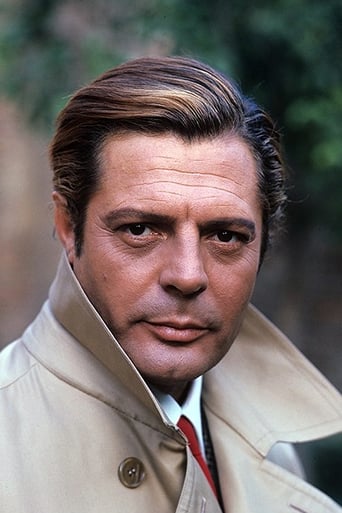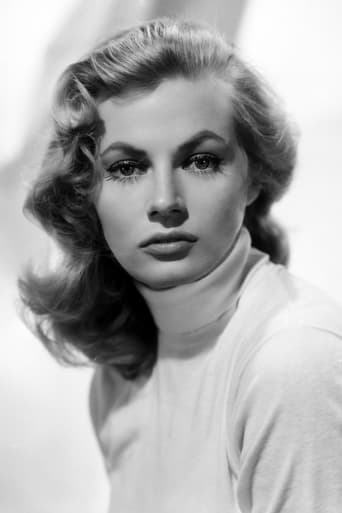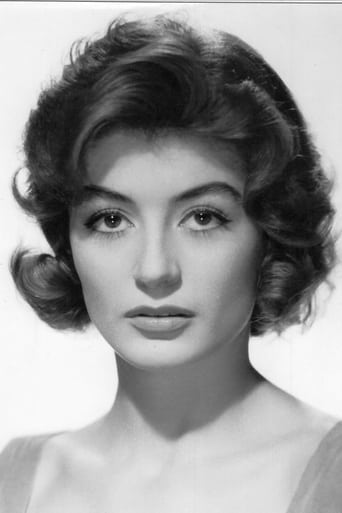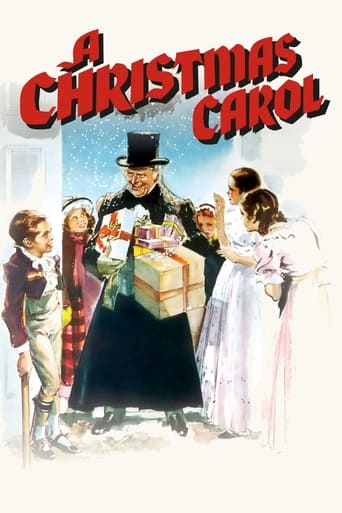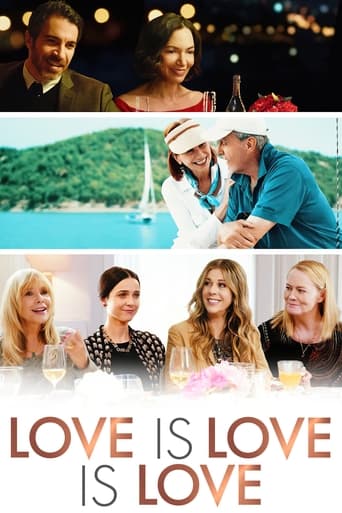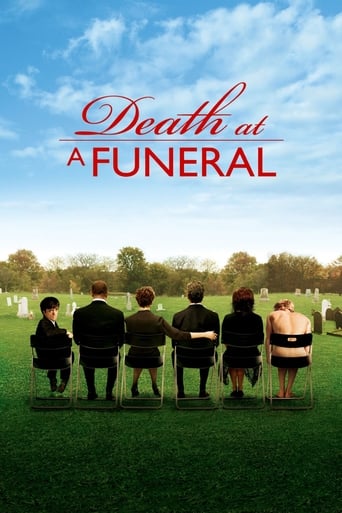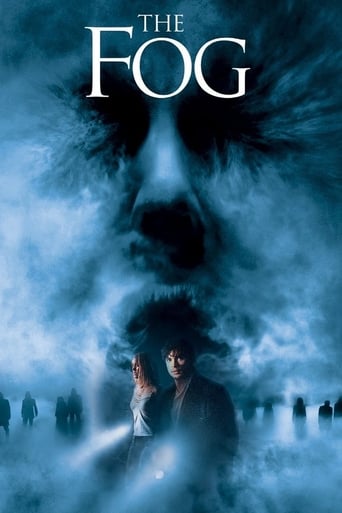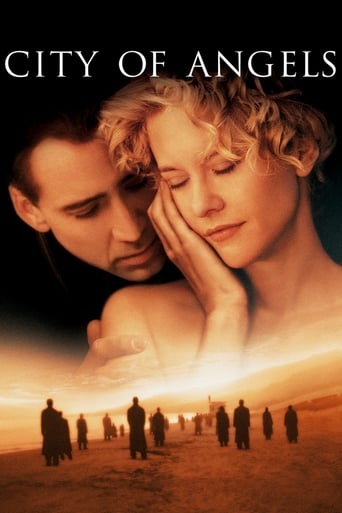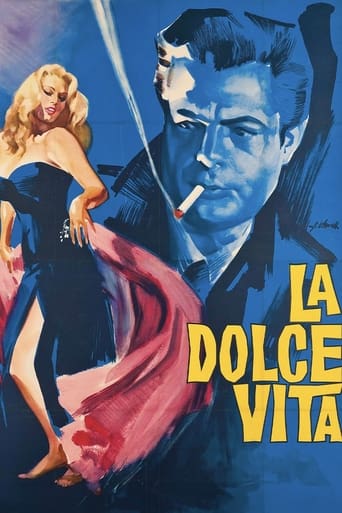

La Dolce Vita (1961)
Episodic journey of journalist Marcello who struggles to find his place in the world, torn between the allure of Rome's elite social scene and the stifling domesticity offered by his girlfriend, all the while searching for a way to become a serious writer.
Watch Trailer
Cast
Similar titles
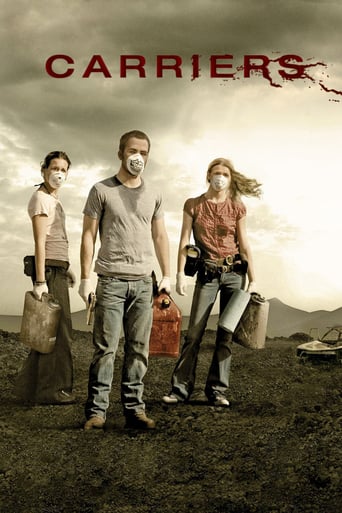
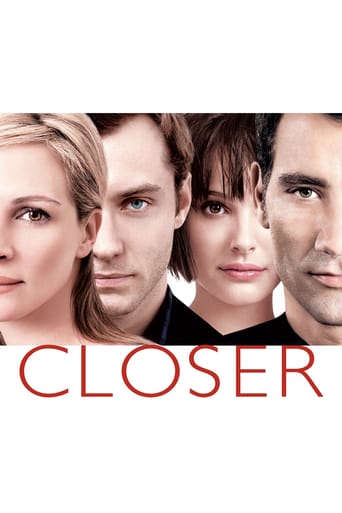
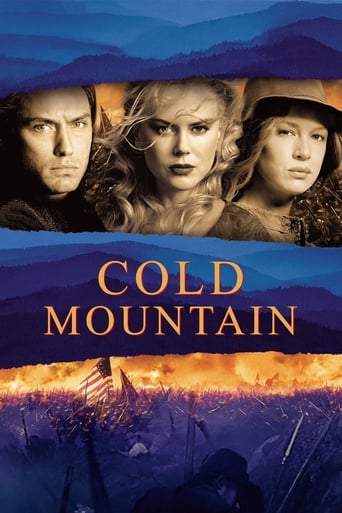
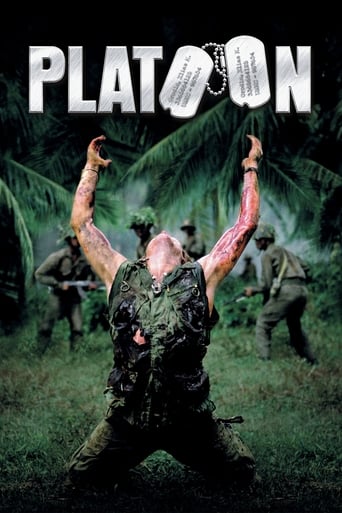
Reviews
It's hard to see any effort in the film. There's no comedy to speak of, no real drama and, worst of all.
When a movie has you begging for it to end not even half way through it's pure crap. We've all seen this movie and this characters millions of times, nothing new in it. Don't waste your time.
One of the worst ways to make a cult movie is to set out to make a cult movie.
The film never slows down or bores, plunging from one harrowing sequence to the next.
There is no real plot throughout the movie. We follow Marcello Mastroianni as he wanders from place to place in a magnificent yet decadent Rome, spoiled by civilization excess. Paparazzis are also present throughout the movie, and reflect on the the way the media exaggerate the reality and dignify otherwise pointless events.
Sadly my viewing of this ended up being divided over three different watching sessions, neither of them intentional. This is a long movie, and at times you can feel it, but it never stops paying of. It's structure, being divided into "days"/events, lends for it being easy to watch and follow. Some of the parts are more memorable than others (my favorite was the prophet), but they're all beautifully shot, and they all seem to follow some similar thematic lines.You follow the lifestyle of the rich and famous, and obviously it's not all good. But at the same time, it's not all bad, either. It's the life that these people live, and many of them want. But what their lives actually look like, depends on who is looking. And the lifestyle the live is not separate to the fact that they are being observed. At least these were the thoughts I got on my first watch through, though they might be influenced by the way the society has developed since this movie came out.
I will not delve into symbols. This is a film about life i.e: relation between a man and a Woman and class differences. the followings may contain spoiler Marcello's relation with his fiancée, Emma is not good. He has not a strong affection towards her, he cheats her. Marcello tells that because she is not opening his intellectual, her life only includes kitchen and bedroom, which is imprisoning Marcello. Even though Marcello declare this fact blatantly to Emma and refuses her, he turns back and take her. Then the life of for Marcello changes dramatically and Steiner suicides himself. ( to me Steiner and Marcello has a kind of shared life. Also at the airport when we see that the wife of Steiner looks like Emma herself). As Marcello had chosen the usual rules, marrying his unloved fiancée, he had terminated his life. Marcello now is one of the bohemian peoples. With these people he lives the life as it comes, try to cheer themselves by perverts.İn the movie, marriage is not good. It present a life between kitchen and the bedroom for Marcello. All the couples in the movie has problems. This very clear throughout the film. Marcello does not love her fiancée and is cheating her. The American actress Sylvia looks very cheerful and flirtatious but is very unhappy and at loggerhead with her husband. Even we don't see the wife of the idealized Steiner. Last but not least the final party is about the celebration of a woman separating from her rich husband. The high society is chosen to show the contrasts of life, relations and classes blatantly. The army of freelance photographers which include the Marcello himself represent the lower class. Marcello with his talent and hard work had been able to raise his status and make strong connections with this class. He has his own flat and car, and he flirts with them a lot. the American actress, the parties in the chateaus, the cars, the borderline bohemians are the members of this very high society. The army of paparazzos, Emma, people gathered to listen to the story of little girls seeing Virgin Mary are member of the lower class. The media is good way to become a celebrity and climb to high society. we see this at the scene when two little girls tell that they see Virgin Mary and they try to catch the eyes of media, and people gather to watch this without regarding the heavy rain. As the alternative to marriage is not depicted in the movie, it implies that his is struggle of life.
I wanted to like this movie. I truly did. I am currently working my way through the IMDb Top 250, and I began with "La Dolce Vita." I understand that the movie is culturally significant. I'm not some boor who only enjoys movies with exploding robots or massive amounts of T&A, nor am I a simpleton who requires straight-forward plots with happy endings. But the fact of the matter is that I found this, Fellini's purported masterpiece, to be utterly dull and non-compelling.I won't say that the film is without merit, because there were some scenes that kept me dialed in. The desire that Marcello feels for Sylvia is one of those, and the scene where Maddalena asks Marcello to marry her is another. But these are scenes that are mired in between other muddled sequences that seem to drag on forever. And yes, at 3 hours, this film is mercilessly long. I don't mind long films, and have happily sat through much longer. But this film indulges in the mundane. Shots, sequences, and dialogue that contribute absolutely nothing to the story are lingering and plodding. At times, I found myself having drifted off into a daydream, only to come back and find out that I had missed nothing in the intervening time. This story could be told competently, and in half the running time, if the film had any sense of pace.Part of my apathy goes toward the general unlikability of Marcello. Especially in this day and age, who cares about those who indulge in the glitz and glamour of the film world? Do we really relate to the Marilyn Monroe expy that is Sylvia? I can't look at Marcello, who vacillates between wanting to be a writer and suddenly declaring himself to be an advertising exec and feel any kinship with him. I fear that in 2015, there are precious few people who understand or even want to know what the 1% do, especially when the educated have a hard time finding the most menial jobs. Fascination with the rich and wealthy may have found a wider audience in 1960, but does not play nearly as well to a 21st century audience.In all honesty, this movie appears to be one of those films that people love to pretentiously declare their love for, if only to win the admiration of other people who also secretly dislike it, but wish to be admired as "film buffs" themselves. Personally, this particular film buff has no desire to ever see this movie again.
